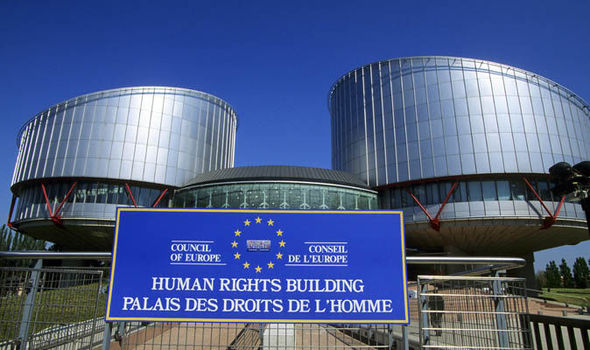
A top human rights court has ruled in favour of the “Femen” activist who simulated the abortion of Christ by the Blessed Virgin, on the altar of the Madelaine church in Paris in 2013.
The judgement was handed down by the European Court of Human Rights Thursday.
The case concerned the criminal conviction of the applicant, a feminist activist who at the time was a member of Femen, for acts of “sexual exposure” committed in a church during a “performance” by way of protest against the Catholic Church’s position on abortion. She had received a suspended prison sentence.
The Court found that the criminal sanction imposed on her had not sought to punish an attack on freedom of religion but rather the fact that she had bared her breasts in a public place, and that the interference with the applicant’s freedom of expression, in the form of a suspended prison sentence, had not been “necessary in a democratic society”.
Grégor Puppinck of the European Centre for Law and Justice said the court had once again sided with anti-Christian blasphemers.
“The Court speciously ruled that the protection of ‘freedom of conscience and religion’ could not justify the conviction, and furthermore feigned to reproach the French courts for not having ‘examined whether the [Femen]’s action was “gratuitously offensive” to religious beliefs, whether it was insulting or whether it incited disrespect or hatred towards the Catholic Church’”.

The Taoiseach has said he would like to see a referendum next year on the constitutional clause that mothers should not be obliged by economic necessity to work outside the home.
However, Micheál Martin said the “devil is in the detail” when it came to how to word the proposal and that sufficient time would have to be given to a referendum commission to do its work before the issue is put to a vote.
Appearing before the Oireachtas gender committee on gender equality on Wednesday, Mr Martin warned that referendums had been lost through “bad preparation” and when people feel uninformed or that “the wool was being pulled over their eyes”.
The Fianna Fáil leader said the “most dangerous referendums” were those when all parties were in favour of an issue.
He said that if the committee could bring a “definitive conclusion and certainty” on how the issue should be approached, he would “like to see a referendum in 2023.”
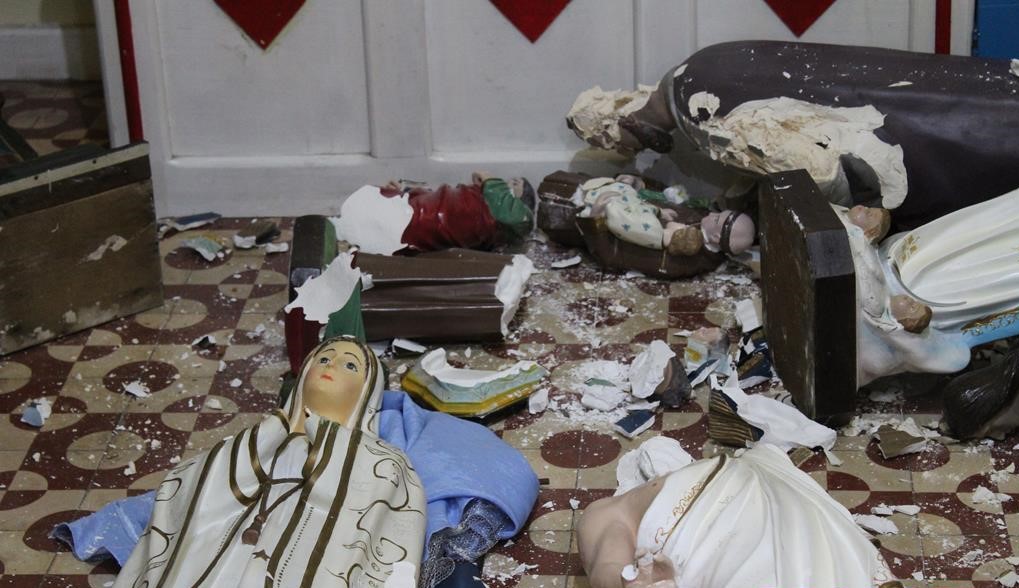
A Catholic church in Brazil has been desecrated with all 28 statues of saints destroyed, causing pain and outrage of the faithful.
The attack took place around noon on Monday in São Mateus church in the town of São Mateus do Sul located in Paraná state in southern Brazil.
“Our statues were broken, but our faith is firm,” said the pastor of the parish, Father José Carlos Emanoel dos Santos, at a press conference.
The priest stressed that “evangelical brothers” also sent notes repudiating the vandalism, “something that we also appreciate.”
Father Diego Ronaldo Nakalski, parochial vicar, said that whoever destroyed the images “closed the doors to commit this atrocity and left only one side door open through which he probably left.”
“It seemed that we were at war to see everything destroyed. The images refer us to something greater, to something of heaven. When the people saw them broken, the feeling was of very great pain, horrific,” lamented the priest.

In the US, a Colorado baker is currently fighting a ruling that he violated the state’s anti-discrimination law for refusing to bake a cake to celebrate a gender transition.
Jack Phillips previously refused to make a same-sex wedding cake on religious grounds and was penalised by the state’s Civil Rights Commission. However, that decision was overturned by the US Supreme Court in a 7-2 decision in 2018 on the grounds that the Commission exhibited an anti-religious bias. Court liberals Anthony Kennedy, Stephen Breyer and Elena Kagan joined the majority opinion wrote by chief Justice John Roberts.
In the present case, in arguments before Colorado’s appeals court, Phillips’ attorneys from Alliance Defending Freedom urged the court to overturn a ruling issued last year against their client on procedural grounds and said the court should uphold Phillips’ First Amendment rights.
Phillips was sued by Autumn Scardina, a biological male who identifies as a woman and who ordered a pink cake with blue frosting from Phillips’ shop, Masterpiece Cakeshop in 2017.
During the 2021 trial, according to The Associated Press, Phillips said he believes someone cannot change genders and he did not celebrate “somebody who thinks that they can.”
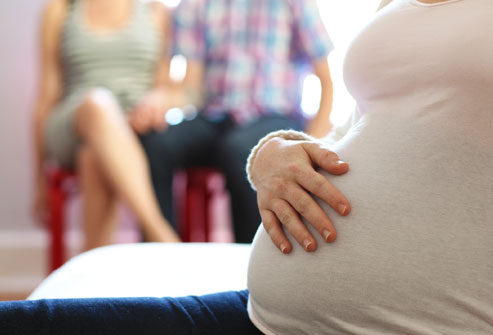
A couple whose genetic son was born to a surrogate mother allege the State has breached their constitutional rights by not allowing the woman to be legally recognised as the child’s mother. Irish law currently gives automatic legal recognition only to the birth mother. Surrogacy separates the role of mother into at least two women, namely the woman who gives birth and the woman who provides the egg. In some cases, a separate woman raises the child. It is why some countries ban surrogacy completely.
Kathy and Brian Egan, of Castlecomer Road, Kilkenny, are claiming the State’s failure to provide retrospective recognition of parentage is an “invidious discrimination” against their family.
A Ukrainian woman carried and gave birth to their genetic son in 2019 via a surrogacy arrangement. Ukraine is one of only three European countries to allow commercial surrogacy. The other two are Russia and Belarus.
Mr Egan is the child’s genetic and legal father while Ms Egan is his genetic mother and legal guardian, a relationship that will cease when he turns 18. She is not legally recognised as his mother.
The family seeks various declarations, but Counsel said there is no request for an order that would specify in detail the manner in which the Oireachtas should regulate international surrogacy.
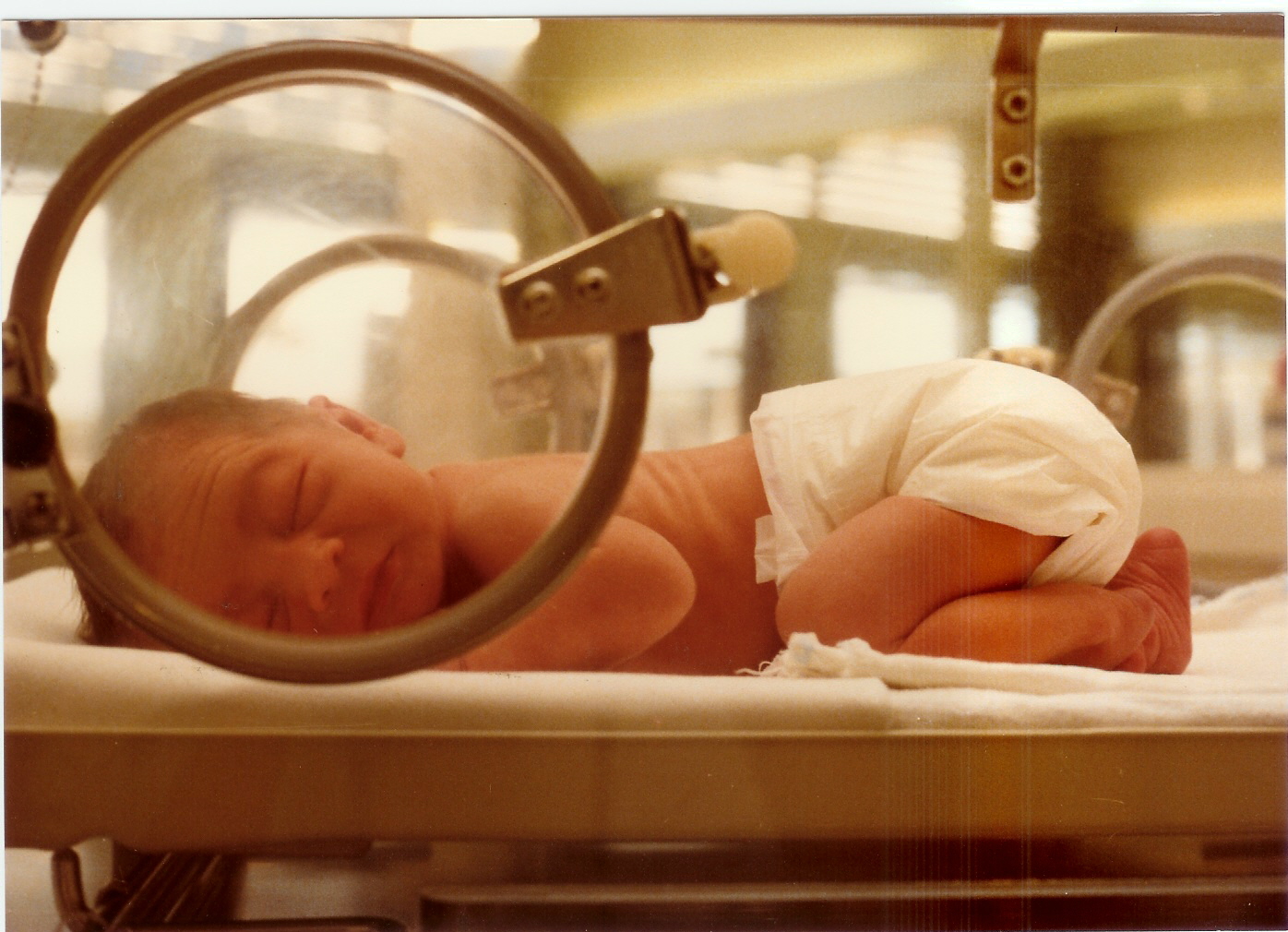
The Quebec College of Physicians in Canada has started to lobby for euthanasia for new-borns.
In a press release last December the College argued that MAiD should be available for children aged 0-1 and 14-17. “Suffering does not take age into account and for minors it can be as intolerable as for adults,” it said. With respect to euthanasia for newborns, the College offered as a model the Groningen Protocol which Dutch doctors use to decide whether to euthanise infants.
Alex Schadenberg, of the Euthanasia Prevention Coalition, suggested that the recommendations of the College make no sense. “Why would you then have to give the child a lethal dose? If the child is not going to survive, the child can be kept comfortable and die naturally. There’s no reason for us to kill the child. There’s no reason for us to do this at all,” he told the National Post.
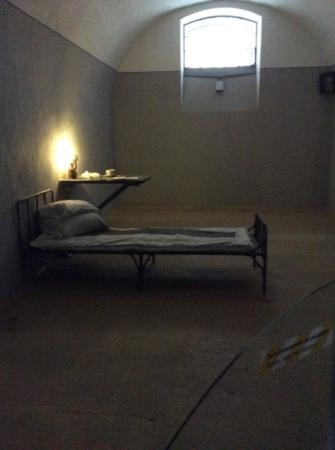
Two Russian Orthodox priests are on trial on criminal charges for their opposition to Russia’s war in Ukraine. If convicted, they could be imprisoned or have to pay massive fines. They are the first members of the clergy known to be facing criminal prosecution for protesting against the war from a religious perspective.
Both priests are members of a branch of the Russian Orthodox Church Outside Russia (ROCOR) which did not join the Moscow Patriarchate with other parts of ROCOR in 2007.
Fr Ioann Kurmoyarov is being prosecuted for videos he posted on his YouTube channel in which he criticises the Moscow Patriarchate’s support for the war, suggests the “aggressors” will not go to heaven, and argues that “Every condemnation of this aggression, this war on Ukraine, is a spiritual matter. All Christians should do it on principle”.
Fr Ioann has been in detention in St Petersburg’s Kresty-2 Prison since early June and will remain there throughout his trial.

The vast scale of abortion in Ireland and the lack of support for positive alternatives was raised by the leader of Aontu at the party’s Ard Fheis on Sunday.
Meath-West TD, Peadar Toibin said the new abortion law “has ended the lives of 23,000 children north and south. That’s 900 classrooms of children who would be here with us today are not, directly due to these laws”.
“I ask you if you can’t trust a politician in relation to these lives what can you trust them on?”
Looking to tackle of the causes of abortion, Mr Toibin said his party “seek an Irish society built on compassion, empathy and kindness, where the most vulnerable are the most protected. We will support mothers, economically and socially so that they have the confidence to raise their children to their full potential. We seek to protect children with disabilities, from low income families and baby girls from the discrimination of abortion. We will support them not just up until the day that they are born, but through their whole lives”.

People who self-identify as ‘liberal’, especially women, are significantly less likely to be happy with their lives or satisfied with their “mental health”, compared to their conservative peers aged from 18-55.
That’s according to the 2022 American Family Survey, from YouGov and the Deseret News, which found that liberals are about 15 percentage points less likely to be “completely satisfied” with their lives.
The survey goes on to find that liberals are about 18 percentage points less likely to be “completely satisfied” with their “mental health” than conservatives.
The problem appears to be especially acute for liberal women, who register the lowest levels of satisfaction with their lives and mental health. Indeed, only 15% of liberal women in the age group surveyed are “completely satisfied” with their lives, compared to 31% of conservative women; likewise, only 15% of liberal women are “completely satisfied” with their mental health, compared to 36% of conservative women.
Commenting on the findings, sociologist W. Bradford Wilcox said two family factors appear to have a lot to do with this ideological gap: marital status and family satisfaction.
“Given that conservatives aged 18-55 are about 20 percentage points more likely to be married, as well as 18 percentage points more likely to be satisfied with their families, the lesson here is obvious. Marriage and family are strongly linked to happiness and to personal mental health in particular”.
He said, “The problem facing liberals, then, is that too many of them have embraced the false narrative that the path to happiness runs counter to marriage and family life, not towards it.”
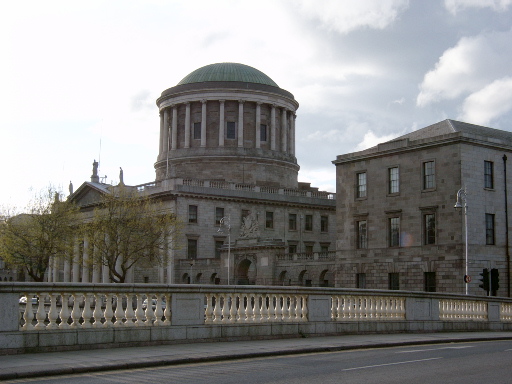
A bereaved father and his three children lost their challenge to a law under which he was refused a widower’s contributory pension because he and his partner of more than 20 years were not married.
Johnny O’Meara’s partner, Michelle Batey, was aged in her 40s when she died from Covid-19 early last year. The couple had planned to marry after her recovery from breast cancer in 2020.
Their case was rejected by Mr Justice Mark Heslin on Friday for reasons including that the relevant law was not contrary to the Constitution’s guarantee of equality.
He said he could not interfere with the aim of the legislation to support and promote marriage.
He disagreed with the applicants the reason for the WCP is to protect the family, which includes the children. That is not the reason for, or the aim of the WCP, and nor was this case about families or this particular family, he said.